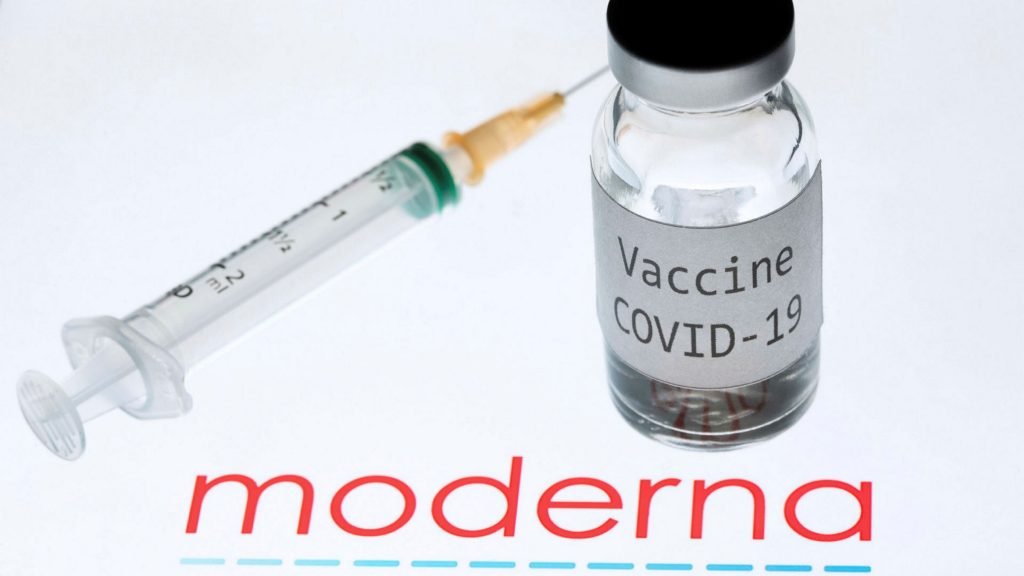
But Suthar and colleagues at Emory’s Vaccine Center found that stunning immunity dulled after six months but not to such an extent that the vaccine was ineffective. In fact, Suthar estimated that in three age groups studied – 18-to-55, 56-to-70 and 71-and-older – neutralizing antibodies should linger for one to two years.
That is, neutralizing antibodies to the virus strain the vaccine was designed to handle, which is the only one that was circulating at the time of its development: the one from Wuhan.

“Now, there are so many more variants,” Suthar said. “That’s really the next set of questions. How well does this durability hold up in the face of these variants?”
Against the British or Kent variant – B.1.1.7 – Suthar is betting Moderna’s vaccine and others will do quite well. But other variants carry a mutation known as E484K or 484, which has also been found in a limited number of samples of B.1.1.7.
“The 484 mutation has been identified by several groups, including ours, that it seems to escape antibody responses,” Suthar said. “Other groups are finding that mutations within what’s called the N-terminal domain of that spike protein also encode for escape antibodies.”
Suthar said mask-wearing, to mitigate the spread and transmission of COVID-19, is key to slowing down the emergence of new variants.
“Because of the rates of transmission and spread of this virus, this has just allowed this virus to test mutation space,” he said, “To figure out what works best for that virus to infect, replicate, transmit.”
